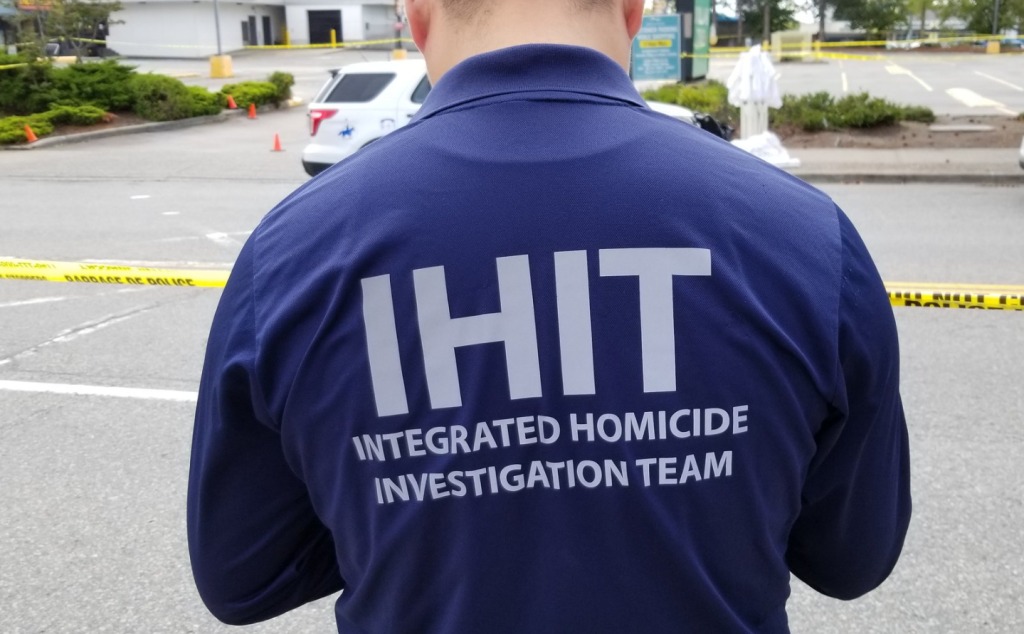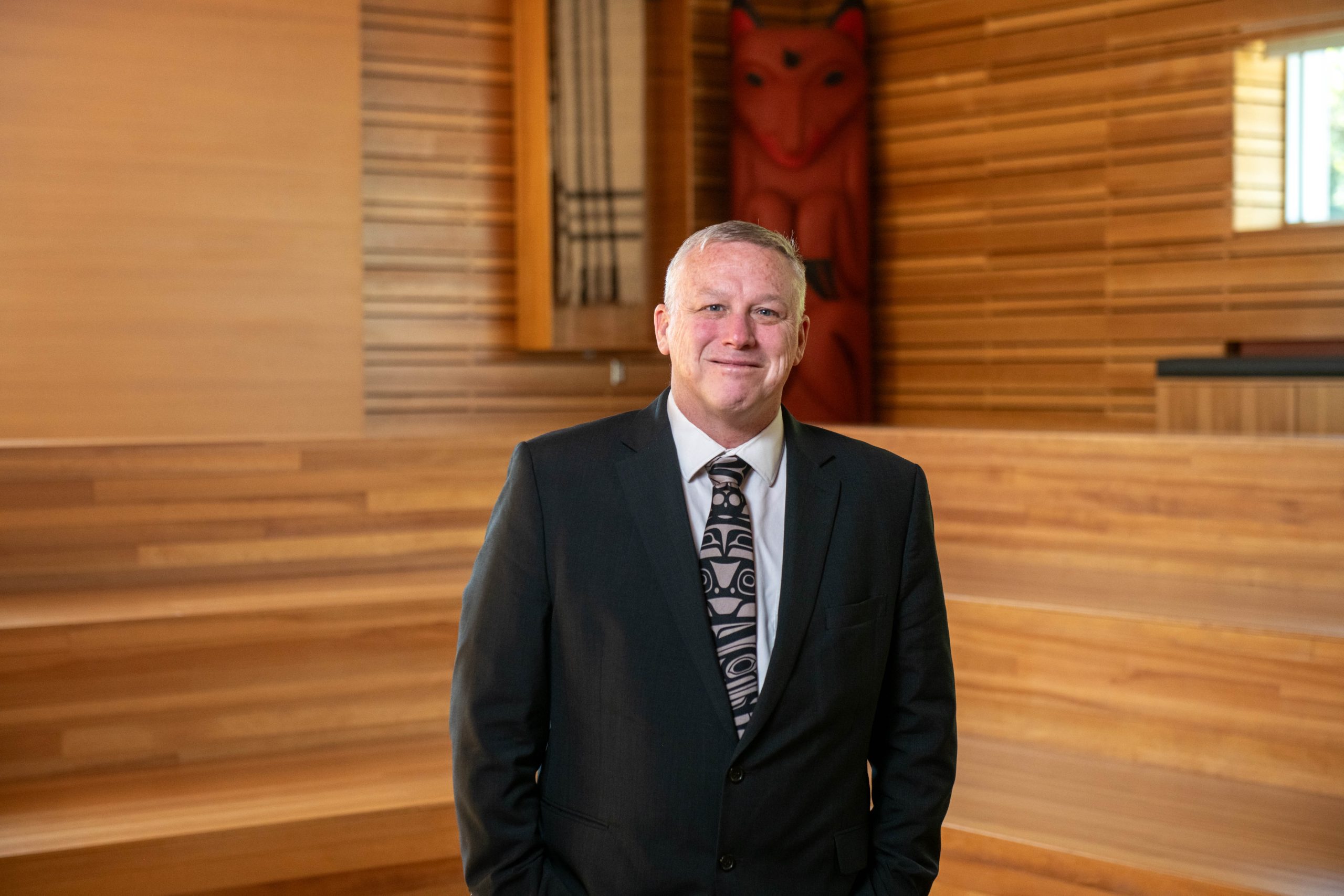Victoria/Surrey – From Anita Huberman,CEO SBOT – The SBOT – Surrey Board of Trade joined many stakeholders in the lock-up Tuesday, February 20, 2018 morning prior to the Budget speech in the House in Victoria.

“There are a number of Surrey Board of Trade policies that we have championed for years,” said CEO Anita Huberman. “We have long advocated for investments in the social infrastructure to alleviate the pressures on businesses to fill those gaps. This budget reflects many of our statements over the years.”
“What we will be monitoring closely is how the shift in taxes more towards the business sector will be implemented. We appreciate the efforts to keep the budget balanced and ensure financial stability for the next 2-3 years. However, balancing the budget through increasing business-focused taxes, such as the new Employer Health Tax, will be a hard sell to our members,” said Huberman.
The budget focused mostly on affordable housing and childcare, both of which dominated the 150-page document and two separate documents, providing greater detail, were provided as well.
ON AFFORDABLE HOUSING FOR WORKERS
“We can’t fix the housing crises overnight, but we can act and we can start now,” said Minister of Finance, Carole James, as she introduced a 30 point plan for affordable housing.
Highlights of the plan include:
· $170M over 3 years to construct 2,500 permanent housing for homeless/at risk of homelessness
· $136M over 3 years to support 1,500 units for women/children
· $73M over 3 years to support renovations and upgrades for existing social housing
· $6B through partnerships to deliver 114,000 affordable homes in next 10 years
· Of which, $378M over 3 years for rental housing for the “missing middle” skilled workers and their families, with up to $1.8B over 10 years for 14,000 units. This builds on the $208M to help build 1,700 new rental homes announced in Budget 2017 Update
· The creation of a HousingHub, funded by winding down the BC Home Owner Mortgage and Equity Partnership program ($5M for 3 years), which will bring together investors (such as pension funds), not-for-profits and faith-based land owners, developers, and municipal partners to target housing needs and accelerate construction
“We have long recognized that if workers cannot afford to live near their employment,” said Huberman, “then they will move to where they can. Employers know that attracting workers needs a community that is attractive and affordable for families. Further, young professionals, those earning anywhere from $50 to $100k are challenged to find housing that suits their needs with a near 0% vacancy rate. This plan is a start as it recognizes the need to work with developers and municipalities to move quickly forward on needed developments.”
“The government’s focus on affordable rental housing is laudable. The commitment to work with the private sector rental developers is key and we are pleased to see property tax considerations and pre-zoning for new rental housing on the table. In addition, the new HousingHub represents an opportunity for the community housing sector and private sector to partner to develop new affordable purpose-build rental housing for British Columbians,” said David Hutniak, CEO LandlordBC.
The Surrey Board of Trade is pleased to hear that the Province will encourage local governments to expedite affordable housing development. The Province will match the increase to available property tax exemptions provided under municipal revitalization agreements for purpose-built rental housing. “Surrey is not known for providing incentives for affordable housing, hopefully, this will be enough to bring Surrey to the table,” said Huberman. The agreements use property tax incentives to encourage developers to build more housing and to encourage the maintenance and upkeep of current rental stock.
Changes in the tax system are coming to “stabilize” the market. The Budget includes increases in foreign buyers tax from 15% to 20% and extending the area covered through other fast growing markets.
Homes over $3M are targeted with a new progressive property surtax applied to school tax on the property tax bill. Also increased will be the property purchase tax, from 3% to 5% on residential properties over $3M.
“No one likes new taxes, and I’m not sure these measures will calm the market. Certainly, going after those who use real estate as a commodity would be the low hanging fruit. We will be monitoring the implementation and impact as it goes forward,” said Huberman.
Other initiatives follow the throne speech of February 13: going after fraudulent and money laundering, focusing on numbered and corporate ownership, applying a tax to online short-term rentals, and applying that tax towards supporting the development of housing units.
ON CHILDCARE
As Minister James said, this will take time to move towards a universal childcare for BC workers. The plan is “front loaded” to address the immediate needs for childcare.
“In Surrey, there is a deficit of nearly 13,000 spaces for 0-12 years,” said Huberman. “We are very vested in ensuring that our workers have safe, affordable childcare.”
The province is providing $650M over 3 years to improve affordability specifically for infant & toddler, plus 3 to 5 year olds. Parents with children in licensed care will be eligible for:
· Up to $350/month for group infant/toddler care
· Up to $200/month for family infant/toddler care
· Up to $100/month for group care for 3-5 year olds
· Up to $60/month for family care for 3-5 year olds
The caveat is that the provider would have to opt in to the program.
Subsidization for families will increase and scale up based on need, benefiting up to 86,000 families by end of 2020-21. Flexibility will be encouraged as well as meeting the needs in rural locations. Other measures are budgeted to increase spaces in fast growing districts and train future Early Childhood Educators. About $153M of the funding is federal, of which $16.5M is for educating childcare workers. A major push is to encourage unlicensed daycare operators to become licensed.
“This is all a good start,” said Huberman. “However, I note that there is an ask from our local providers that the process by which childcare centres are licensed is very challenging. More work needs to be done to implement their priorities, as well as to increase spaces in Surrey.”
ON K-12 EDUCATION FOR SURREY
The province announced recently its commitment to honour the $270M capital funding for Surrey’s schools. In the 2018 Budget is $2B to be invested to maintain, replace, renovate or expand K-12 facilities. A couple of Surrey schools were mentioned as examples:
· New Edgewood Drive Elementary for 655 student spaces
· New Salish Secondary School, with 1,500 student spaces
· Seismic upgrading for all schools requiring it
“Although it wasn’t mentioned in the budget, I anticipate a conversation to begin regarding the funding formula. Fast growing districts such as ours, requires a different funding model to ensure that capital investments are coordinated with development,” said Huberman. “If we don’t have that dialogue, the crisis of playing “catch-up” will continue.” The Surrey Board of Trade participates with the Surrey School Coalition to ensure that families have the educational opportunities they seek. Good schools that are not overcrowded is attractive to workers and business and ensures stability for the community.
ON TRANSIT FOR SURREY
While the budget is silent on infrastructure spending for the Mayors’ 10 year plan, the funding is in place, nearly $1.2 Billion for the next 3 years.
“What we need for Surrey is certainty,” said Huberman. “We have businesses, who overwhelmingly support Surrey’s LRT, waiting to move forward on their plans in conjunction with the development of transit.” Huberman referenced a recent SBOT Surrey Road Survey result where 86% supported both phases of LRT. “We have been kept waiting too long. It’s time.”
The Surrey Board of Trade is pleased to see that the government is moving ahead with the Pattullo Bridge replacement, but was concerned by the lack of numbers for the Massey Tunnel.
“We recognize for goods and movement through the lower mainland, the Massey Tunnel has to be replaced as well,” said Huberman.
In response to a question from a reporter in the budget scrum, Minister James said that the province is still discussing what to do with the Massey Tunnel. “There is room in future contingency funding,” said James, “So we may be able to move forward if that is what we decide to do.”
ON SUPPORTING THE CREATIVE ECONOMY
The BC Arts Council will see an increase of $5M to their $24M budget for the next 3 years, while Creative BC will see a bump of $3M.
ON SUPPORTING HEALTH
As was mentioned in the throne speech and recently announced by the Minister of Health, Adrian Dix, Surrey is under consideration for another hospital. The province has budgeted $3.1B in capital expenditures for the next three years to build and upgrade facilities. More funding will be made available to create teams of health providers. “As Surrey is under resourced for doctors, I will be very interested in how this will be delivered in Surrey,” said Huberman.
ON FISCAL PRUDENCE AND SUSTAINABLE FINANCING
“Of major concern to us is to ensure that the budget is not only balanced and fiscally prudent, but we also want to see sustainable financing to support long-term programs, such as capital investments in schools and transit infrastructure,” said Huberman.
The Budget has introduced new taxes and sources of revenue that will offset some of the reductions and eliminations already announced.
“I’m concerned that some of the shifts of revenue, while helpful to families and young professionals, may adversely affect businesses,” said Huberman. “Our Finance and Taxation Team will be reviewing these and we will comment further. However, the social infrastructure investments in housing and childcare, is what our business members have been calling for, so there is a balance there. No budget will please everyone, but most of what is in the budget is in line with our policies and our advocacy.”
Revenue sources include:
· Employer Health Tax
· Speculation tax on housing/income tax credit
· Increases to additional property transfer tax
· Increase school tax on residential properties over $3M
· Increase property transfer tax on residential properties over $3M
· Online platforms to collect and remit PST
· BC Share of federal duty on cannabis
MSP
The Surrey Board of Trade called for the reduction to elimination of the MSP and is pleased to see this happen. However, to replace the elimination of MSP by April 2019 (a reduction of about $1.4B revenue), the Government is introducing an Employer Health Tax. This new tax will be applied to businesses with payrolls over $500,000, with the full rate applied to those with a payroll of over $1.5M. This is anticipated to bring in over $1.8B per year once fully implemented.
PST on non-residential electricity
The Province has reduced this by 50% in the 2017 update. It will be eliminated as of April 2019.
Carbon Tax
The carbon tax prior to 2018 was $30 per tonne. It will be raised $5 per year until 2021, when it reaches $50 per tonne.
PST surtax on luxury vehicles
Those purchasing vehicles over $125,000 will see a 15% PST, and a 20% PST on vehicles over $150,000.
“Overall, this a very solid budget,” said Huberman. “It does include much that we have asked, and it has a plan to ensure that it is a balanced budget now and for the couple of years.” The Surrey Board of Trade will monitor expenditures and any increases to the overall debt to GDP ratio. The Budget intends to keep this between 15 and 16% through to 2020/21 fiscal year.






